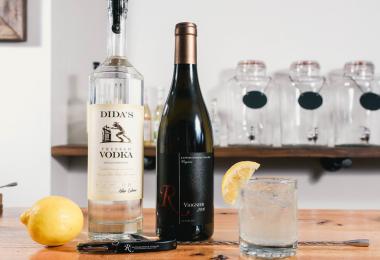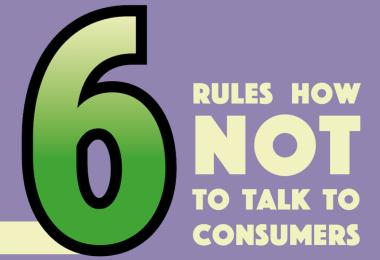Until the pandemic, wine tourism was the fastest-growing sector of the wine industry. Wineries realised that the longer the customer stayed on the premises, the more wine they would buy, so they began to offer tastings, guided tours, restaurants, accommodation and events.
Then came lockdowns, grounded airlines and fear of disease. Wine tourism died, overnight.
While it seems logical to assume that it will bounce back once Covid-19 recedes, there are already troubling signs that the reboot may be a while coming.
Three big trends
What’s been driving tourism in the past half decade is the “experience economy”; people are buying less stuff, preferring to invest in moments that can be immortalised on social media and which create lasting memories. Experiential tourism, of which wine tourism is a subset, is itself the product of three things: online booking sites, cheap airfares and Airbnb, all of which lowered the cost of travel significantly. Airbnb’s offer — that people could stay in an apartment in the centre of town and self-cater, rather than paying for expensive hotels and restaurants — proved irresistible.
Unfortunately, these three pillars of the tourism economy are all in trouble. As the Wall Street Journal reported in May, many of the landlords who listed properties on Airbnb have been hurt, badly, by the pandemic. It’s been a long time since Airbnb was a way for people to rent out their second bedrooms. By the time the lockdowns came, the Airbnb platform featured the properties of professional hosts, many of whom had multiple properties, which they had acquired via long-term leases or mortgages. With no guests showing up, those hosts quickly found themselves in a world of financial pain.
To cope, they immediately looked for long-term tenants, or tried to sell the properties. What this means is that Airbnb now has far fewer properties to offer — the days of scrolling through multiple listings to find a cheap place to stay are over for the foreseeable future.
The situation for airlines is less clear. The Wall Street Journal reports that in China, where flights have resumed, bookings are down by as much as 69 percent from a year ago, despite the extensive discounts on offer. Will bookings rebound if a vaccine is developed? Maybe, maybe not. Airlines depend on business travellers for much of their revenue — but in the past few months, businesses have discovered how easy it is to shift meetings online. In a recession, businesses will prefer to save money with Zoom than send employees to the airport.
Finally, when the travel bans started, consumers were walloped by the online booking systems, which refused to offer refunds.
Put all of that together and it’s likely that the days of cheap international travel are over for the time being.
Staycations
On the upside, domestic tourism is set to increase, partly because people have seen the damage done to their economies and will want to support local industries, and partly because the oncoming recession means there’s simply less money to spend on travel.
Regardless, wineries need to rethink the way they do tourism. Apart from obvious measures such as implementing a new disinfection regime, they should think about adding a booking system like Rezdy to their website. It means wineries can create small events, tastings and tours for people to book. It’s a way of ensuring that there aren’t too many people arriving at once — plus, users must pay at the time of booking, which means better cash flow.
Another thing to consider is how wineries are portraying themselves digitally, whether on their own website or on social media. This is the time to go through every image and remove pictures of crowded events and tasting rooms, because no visitor will be keen on mingling with lots of strangers right now. Instead, wineries should emphasise the “getting away from it all” nature of wine tourism.
Finally, if there is accommodation on site, emphasise it — and consider offering airport transfers.
The tourists will return one day and hopefully it will be sooner rather than later. But just in case it’s later, the best strategy right now is to think local.
Felicity Carter
This article first appeared in Issue 3, 2020 of Meininger's Wine Business International magazine, available in print or online by subscription.








